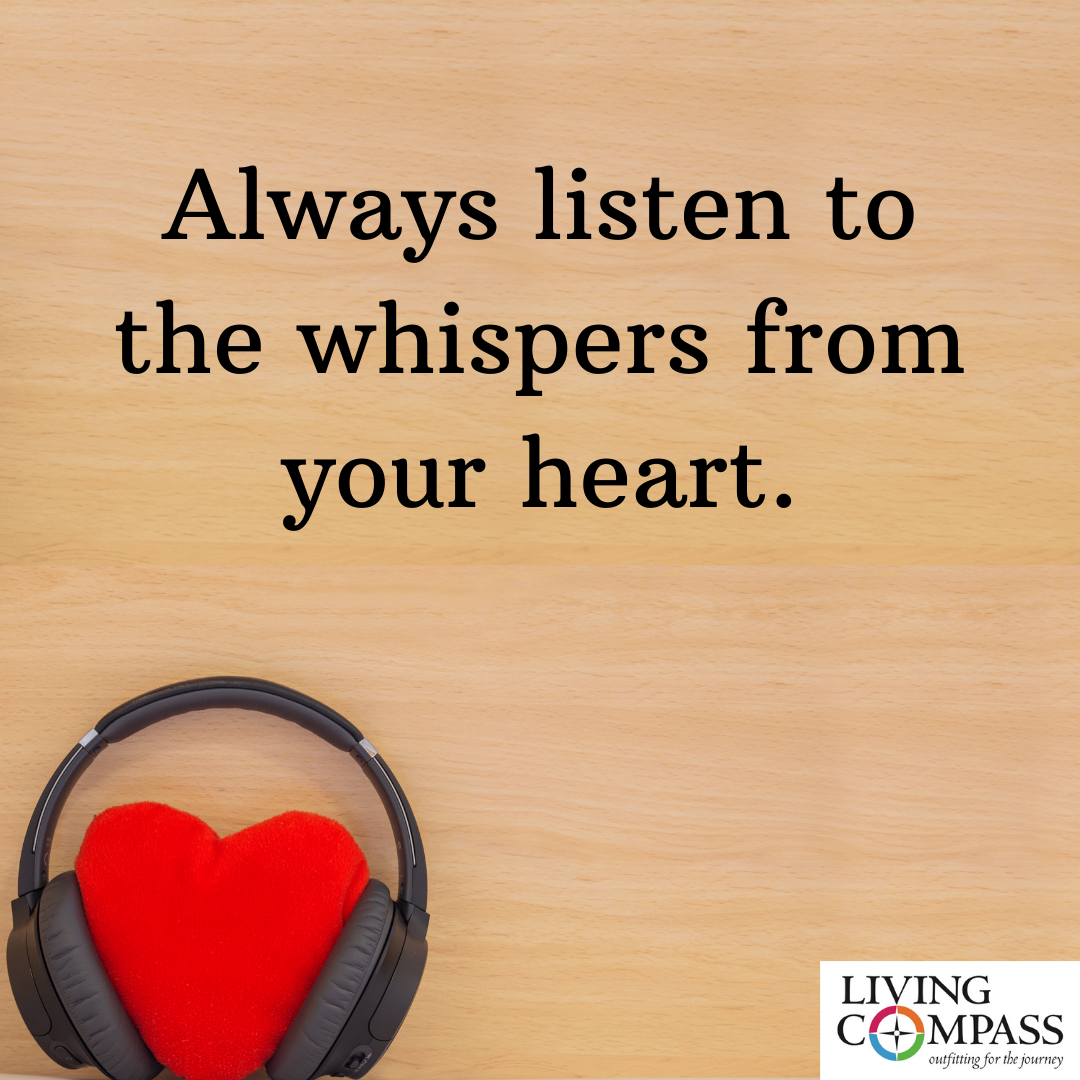Bridge Building
A desire for greater unity in our nation is on many of our minds these days. I have zero experience in the politics of healing a divided country, but I do have decades of experience helping fractured couples and families come together. I am guessing that some of the principles work for both.
Healing requires a commitment to building bridges instead of burning them. It requires humility, perseverance, flexibility, dedication, and both emotional and spiritual maturity. Such maturity is what allows a person to acknowledge when they have been wrong or have acted in ways that are hurtful and destructive. This kind of bridge-building is not some naive pretending that real differences do not exist. Instead, it is based on grounding ourselves in the deeper common visions, desires, and values that unite us while acknowledging that tensions and differences still exist.
At the presidential inauguration ceremony this week, many of us were introduced to Amanda Gorman, a twenty-two-year-old poet who is clearly wise way beyond her years. Because I so often use the image of building bridges in my work, my ears perked up when I heard these powerful lines from her poem:
Scripture tells us to envision
that everyone shall sit under their own vine and fig tree
And no one shall make them afraid
If we're to live up to our own time
Then victory won't lie in the blade
But in all the bridges we've made
I close now with a more extensive excerpt from her poem “The Hill We Climb.” There is much wisdom here to guide us in the bridge-building work of healing whatever divisions we find in our lives, whether with friends or family, neighbors, or in our larger communities.
And yes we are far from polished
far from pristine
but that doesn't mean we are
striving to form a union that is perfect
We are striving to forge a union with purpose
To compose a country committed to all cultures, colors, characters and
conditions of man
And so we lift our gazes not to what stands between us
but what stands before us
We close the divide because we know, to put our future first,
we must first put our differences aside
We lay down our arms
so we can reach out our arms
to one another
We seek harm to none and harmony for all
Let the globe, if nothing else, say this is true:
That even as we grieved, we grew
That even as we hurt, we hoped
That even as we tired, we tried
That we'll forever be tied together, victorious
Not because we will never again know defeat
but because we will never again sow division
Scripture tells us to envision
that everyone shall sit under their own vine and fig tree
And no one shall make them afraid
If we're to live up to our own time
Then victory won't lie in the blade
But in all the bridges we've made
That is the promise to glade
The hill we climb
If only we dare it.
From “The Hill We Climb” by Amanda Gorman.
Subscribe Now to Weekly Words of Wellness:
Click the button below to signup for the e-mail version of Weekly Words of Wellness. This weekly article can be shared with your community electronically and/or used for group discussion.
You can unsubscribe at any time.




